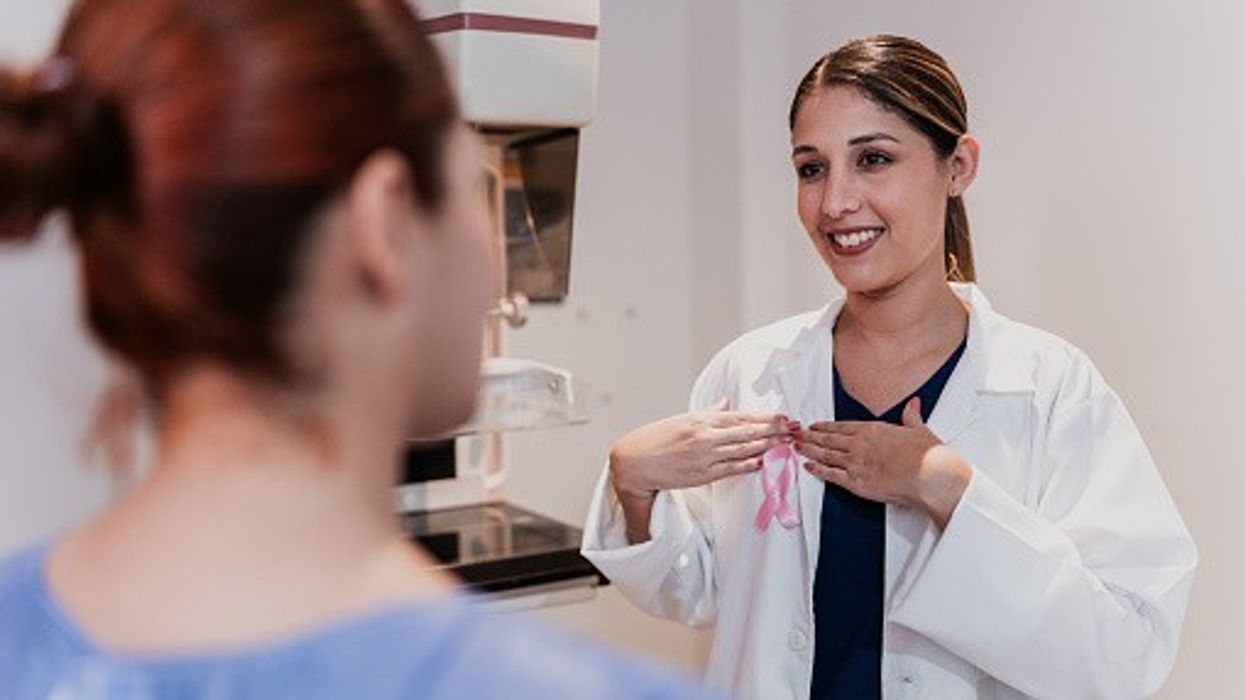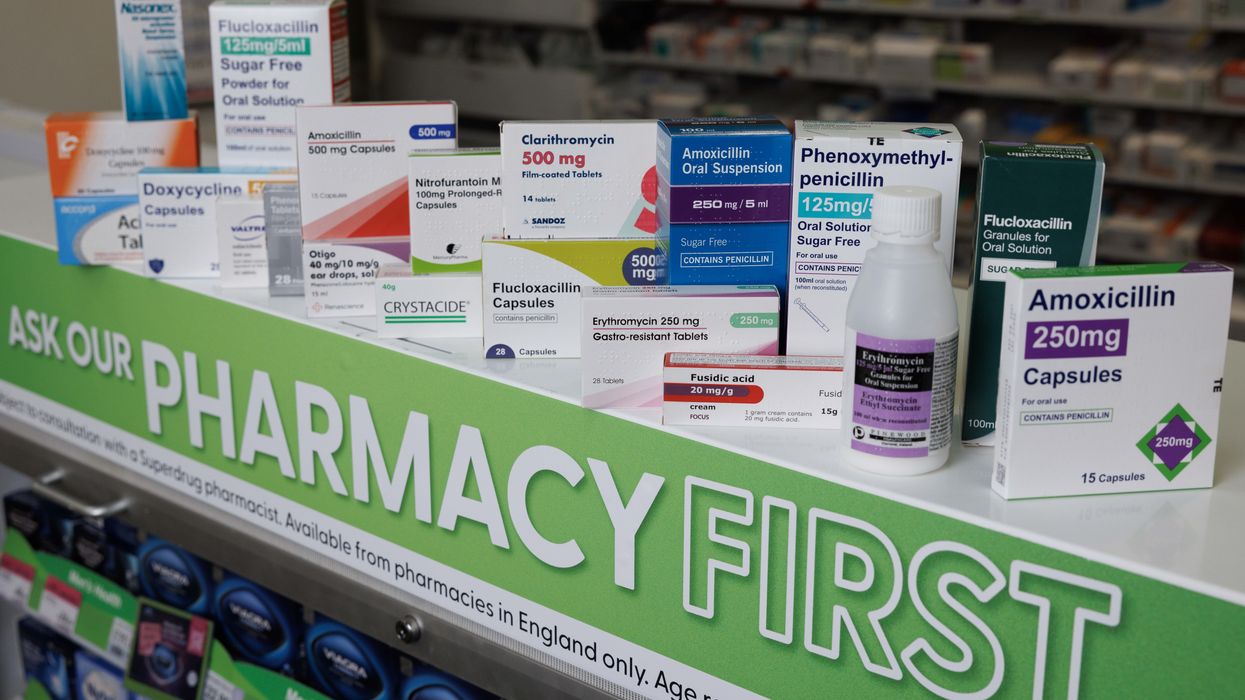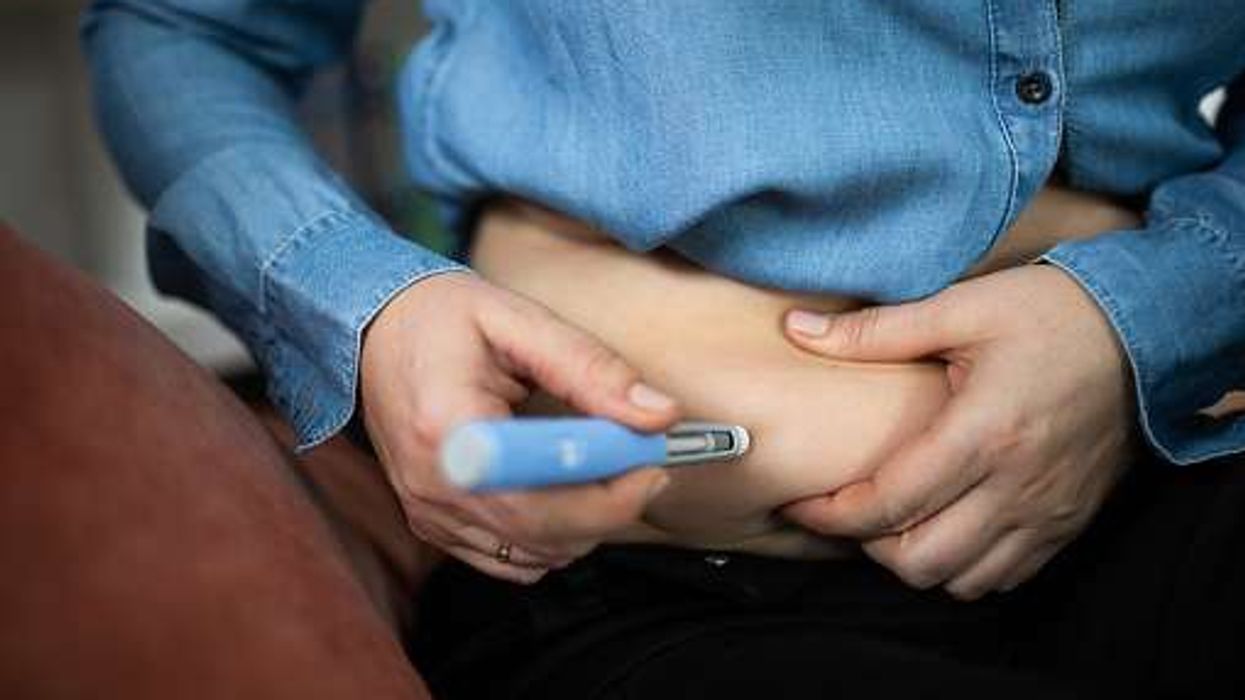Researchers appear to have found a solution for breast cancer patients who do not respond well enough to the common treatment tamoxifen, according to results from a German study.
Tamoxifen works by preventing the hormone estrogen from binding to proteins on cancer cell surfaces, keeping the cancer from growing.
To work well, tamoxifen must be converted by the enzyme CYP2D6 into a form called (Z)-endoxifen. But in about a third of patients, levels of that enzyme are genetically low. As a result, the conversion is impaired.
Postmenopausal women can use alternative drugs known as aromatase inhibitors, but those are not an option for younger patients.
In such cases, giving supplemental (Z)-endoxifen compensates for the insufficient conversion of tamoxifen and makes it more effective, researchers reported in Clinical Cancer Research.
In the study, 235 patients with early-stage hormone-dependent breast cancer received either tamoxifen alone or in combination with (Z)-endoxifen, depending on whether tamoxifen was being metabolized appropriately.
The patients receiving combination therapy achieved desired drug concentrations in the blood similar to those found in patients with normal metabolism who received tamoxifen alone.
Side effects were mild and similar in both groups, according to the report.
"With (this approach), we are offering the first effective solution to a long-standing problem: the insufficient effect of tamoxifen in a significant proportion of patients," study leader Dr. Matthias Schwab of the Dr. Margarete Fischer-Bosch Institute of Clinical Pharmacology in Stuttgart said in a statement.
A mid-stage trial testing (Z)-endoxifen in premenopausal women with newly diagnosed early-stage hormone-responsive breast cancer is underway in the United States.
Study sponsor Atossa Therapeutics has said it plans to file an application seeking approval with the Food and Drug Administration in 2026.












